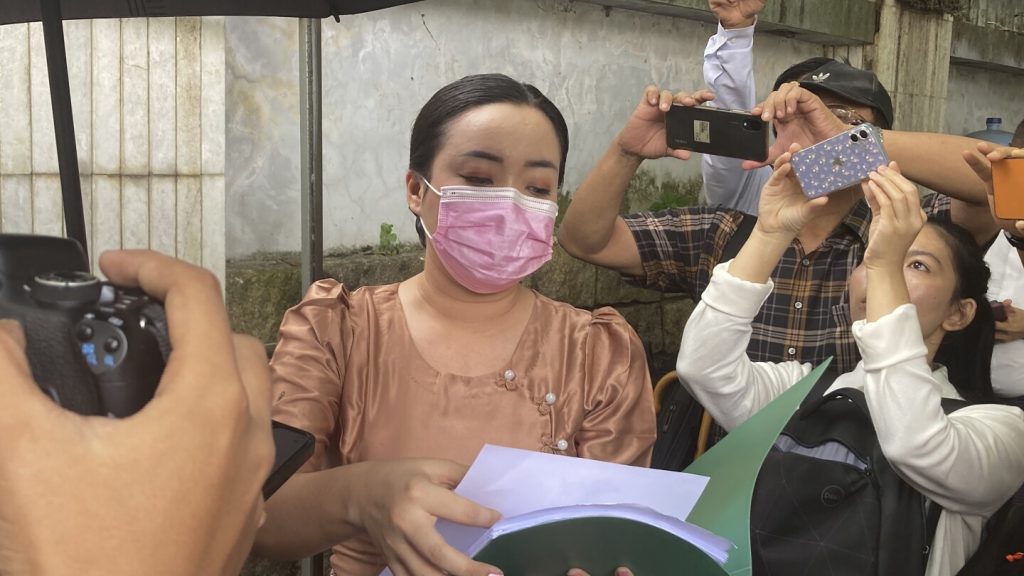A second attempt to auction the family home of Myanmar’s imprisoned former leader Aung San Suu Kyi failed on Thursday as no bidders showed up. The court-ordered asking price of $142 million likely deterred potential buyers. The home, where Suu Kyi spent 15 years under house arrest and hosted visiting dignitaries including U.S. President Barack Obama, was seen as a historical landmark in her nonviolent struggle against military rule. The minimum sale price of 300 billion kyats was reduced from the initial attempt, but still a significant amount in a country where nearly half the population lives below the national poverty line.
Proceeds from the sale of the lakeside property in Yangon were to be split between Suu Kyi and her older brother, with whom she had a legal dispute. The auction was held in front of the property’s closed gates, which had served as a political shrine for the country’s pro-democracy movement. The property, a two-story colonial-style building given to Suu Kyi’s mother by the government after her husband’s assassination, held significant historical importance. Suu Kyi lived there until 2012 when she moved to Naypyitaw to serve in parliament, eventually becoming the country’s leader after a general election in 2015.
Following an army takeover in February 2021 that ousted Suu Kyi’s elected government, she is now serving a 27-year sentence on various charges that her supporters and independent analysts claim were fabricated to discredit her. The court-ordered auction was part of a long-running legal dispute between Suu Kyi and her brother, who sought an equal division of the property. Suu Kyi’s lawyers have not been allowed to meet with her since December 2022, raising concerns about her legal representation and overall well-being. The failed auction reflects the complex political and legal landscape in Myanmar, where the military continues to hold power despite widespread protests and international condemnation.
The lack of bidders at the auction highlights the challenges of selling a property at such a high price in a country facing a civil war and economic instability. The discrepancy between the official exchange rate and the black-market rate further complicates the valuation of the property, making it difficult for potential buyers to assess its true worth. The ongoing legal dispute between Suu Kyi and her brother adds another layer of complexity to the situation, with both parties seeking a fair resolution while navigating a complex legal system under military rule. The failed auction underscores the broader issues facing Myanmar as it grapples with political turmoil, economic hardship, and human rights abuses under the military regime. Despite the setbacks, the significance of the property and its historical ties to Suu Kyi’s legacy continue to resonate with the people of Myanmar and the international community.


